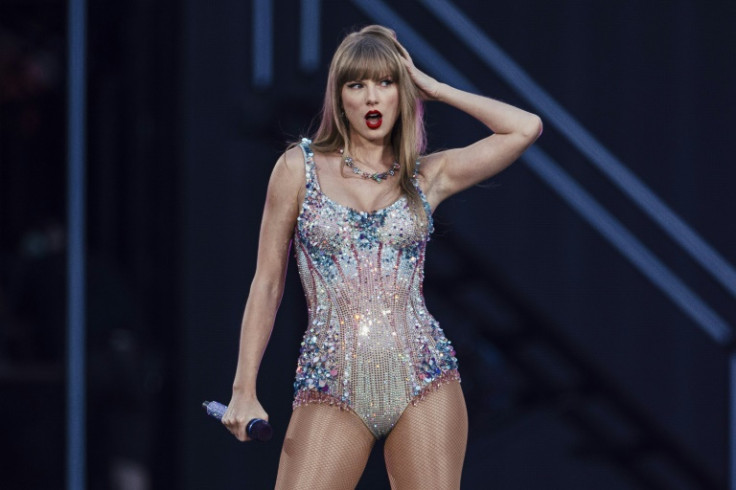
"Swiftonomics: The Economics of Taylor Swift" is underway at one university as it looks to examine the artist's impact on the market to teach students about economics.
The course being offered for the first time this semester at American University was designed by two students for a course competition last spring and won. "Swiftonomics" was supposed to be a one-time offering, but there are already plans to offer it in the spring due to immense interest, as reported by WTOP.
"I think people see economics as a scary thing with a lot of numbers and it's very complicated, but when you kind of pull apart the things that you enjoy out in the world, you can connect those and make it much simpler and more enjoyable," Mackenzie Shultz, one of the course's designers, told WTOP.
The course is being taught by Economics Department Chair Kara Reynolds, who on the first day of class sent her students home with materials to make friendship bracelets, which have become a staple of fans at Swift's Eras Tour. But instead of the bracelets being based off songs, the bracelets instead feature words like "inflation" and "demand."
In recent lessons, students learned about externalities and economic spillovers from the Eras Tour, such as how fans are more likely to stay at hotels or go out to eat when attending her concerts. Students also looked at the environmental impacts made by concertgoers and the show's production.
The past three weeks of the course have also looked at the Ticketmaster scandal and how attention to it jumped after tickets to the Eras Tour went live. The class also talked about how the Eras Tour may have helped stop the U.S. from falling further into an economic recession.
"I would urge everyone who thinks that all this Eras Tour talk is kind of unserious and marginal to reconsider and to think about how it's really affecting a lot of areas of economic life," Teddy Gelman, a student in the class, told WTOP.
The class has not only attracted students studying economics, but also those in journalism and political science. The class is also almost entirely female, which contrasts how most economics majors are male, Reynolds told the outlet.
"To have a room of women who feel so confident talking out and giving their opinions, has been so rewarding for me as a faculty member," Reynolds told WTOP.







